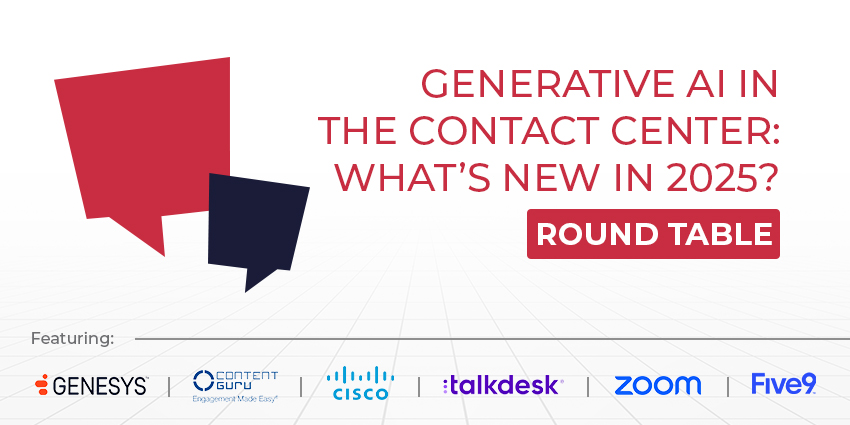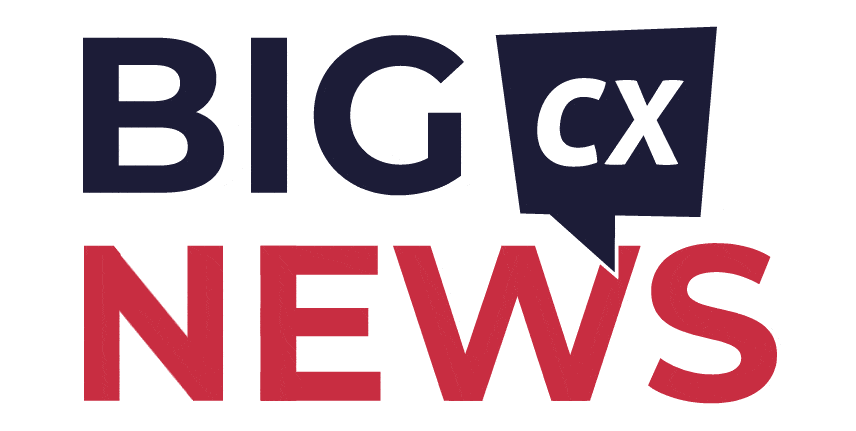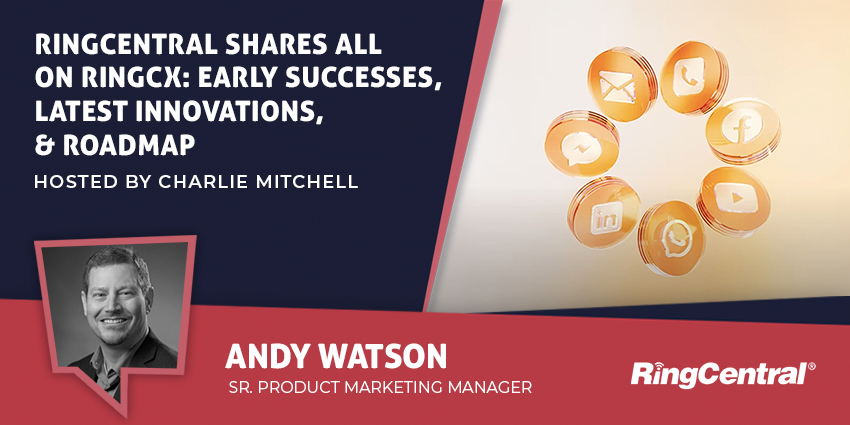In the financial services sector, compliance is king.
Adherence to the myriad rules and regulations is, of course, non-negotiable: sanctions, fines and reputational damage all potential and unwanted consequences of a failure to do so.
The FCA Consumer Duty Act 2023 – introduced in late July this year – affords financial services customers a new and welcome layer of protection but places new demands on businesses to which it applies.
Described as one of the biggest shake-ups to retail financial services regulation, it seeks to ensure customers receive ‘good outcomes’ and that businesses provide evidence that those outcomes are being met.
Specifically, customers must be sold products and services that meet their needs and offer fair value; receive related communications they can understand; and get the customer support they need, when they need it.
As is now so often the case, it is in the contact centre where much of that compliance bites. Smart technological tooling can help, as can a consultative expert hand to hold. Deploy both, and financial firms are well-placed to succeed.
All they and their technology providers must do is pick the right partner.
“It’s important new legislation, but in simple terms it’s actually all about improving customer knowledge and, in turn, the customer experience – and that means everyone wins,” says Ben Booth, CEO at leading UK-based CCaaS provider MaxContact, whose smart platform’s speech analytics and topic detection functionality can help enable that critical new compliance.
“No-one is saying the new Act is not a good thing, it’s just a case of businesses aligning the available technology with their internal processes. They can then start to really listen to their customers and ensure they are providing them with the right products and services.”
Among other things, the Consumer Duty Act compels financial services providers to interact with particular customer groups in particular ways and seeks to ensure those customers are appropriately and transparently matched with products, service levels, and communications capable of delivering ‘good outcomes’.
Although unhelpfully non-specific, those outcomes must, in general terms, meet those customers’ needs and offer fair value.
For example, in the event of a loan default, vulnerable or disabled customers must be interacted with in a particular way. Large enterprises may decide to categorise up to 20 different customer groups; smaller enterprises just a handful. To comply with the Act, all enterprises must be able to transparently demonstrate that segmentation and their differentiated approach to selling, servicing, and communicating.
“A lot of that falls on the contact centre,” says Booth. “For example, typically contact centres have three to five day Service Level Agreements around responding to an e-mail. However, depending on the customer group, the new Act states that it may need to be escalated directly to a manager.
“Categorising customer groups means that vulnerable customers, for example, can be automatically pushed to the front of a queue the next time they use any communication channel to interact with the contact centre. It means customer profiles can be constructed. In the case of a loan default, for example, has the customer defaulted before? Does the loan provider need to treat the customer in a particular way? What is the best solution for that particular customer? Every business is different and every business will want a greater or lesser degree of customer group granulation, but we have the technological tools and the consultative expertise to help get them to a place that is right for them.”
In the case of MaxContact in particular, its platform deploys Gartner-validated, AI-powered speech analytics software which detects key words, topics, and risks and which can then trigger automatic internal communication workflows matched with individual customer groups. Some of that automation can be in real time, some can be post-contact.
As well as supporting the real-world resolution of customer issues more effectively and efficiently, the technology also provides users with the ability to leverage historic call and messaging data for the training of agents upon whom the new Act most impacts.
“We have many different customers from many different verticals, so we have a unique insight into what approach works best and on what kind of scale,” says Booth. “We like the first step to be a discovery of where an organisation currently is versus where they want to be. Then we work together to get there.”
To learn more about how MaxContact can help your or your customers’ businesses comply with the Consumer Duty Act 2023 – or for all other contact centre support, click here.







